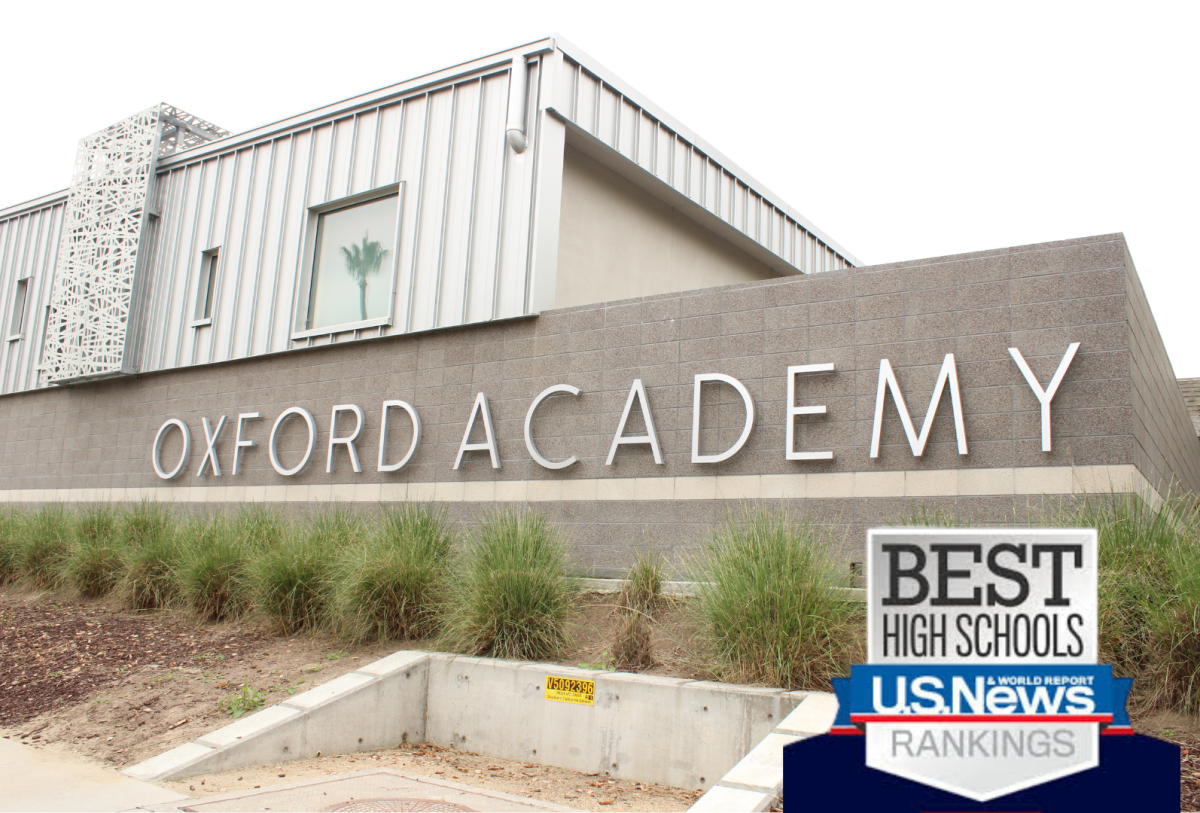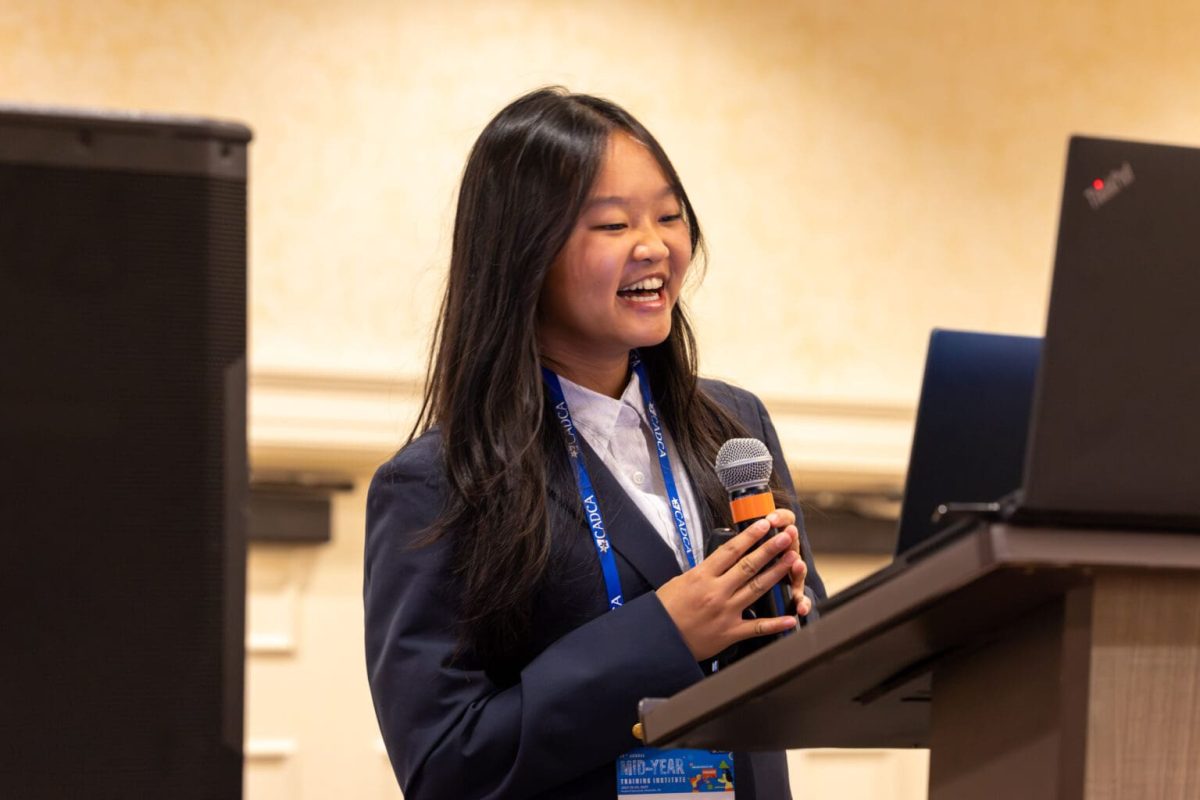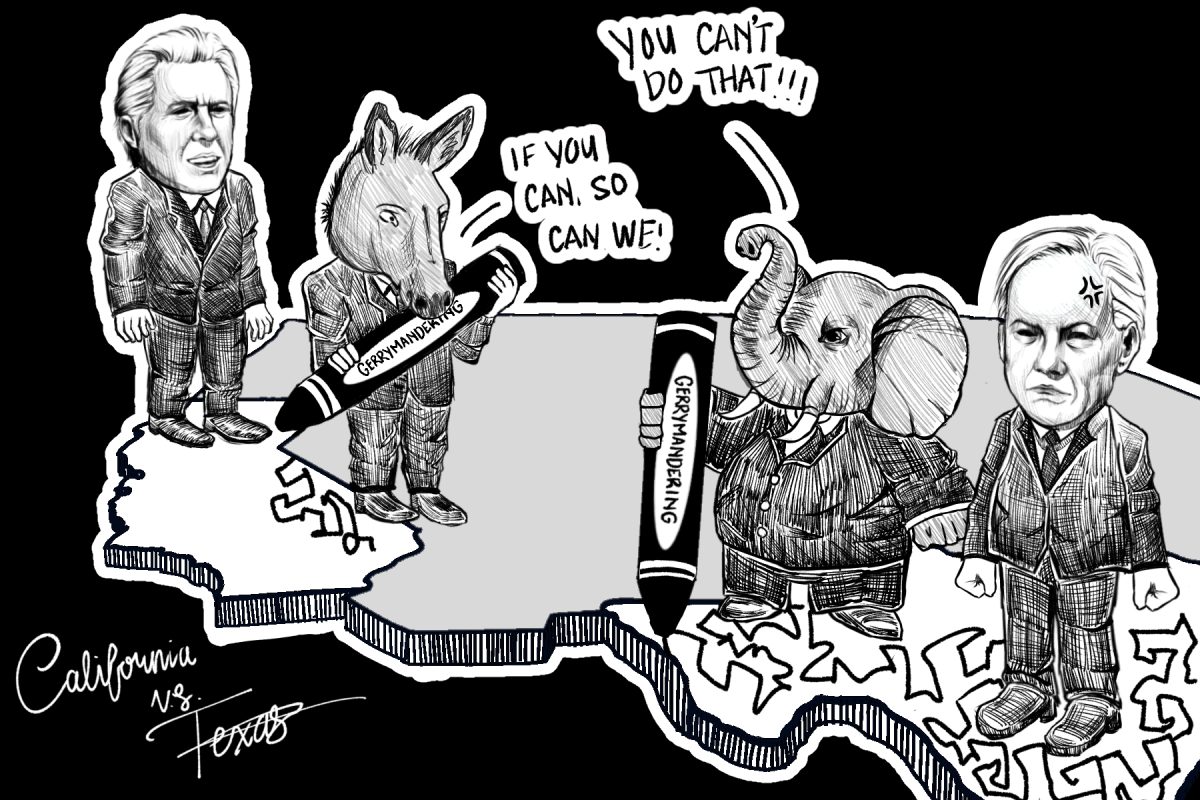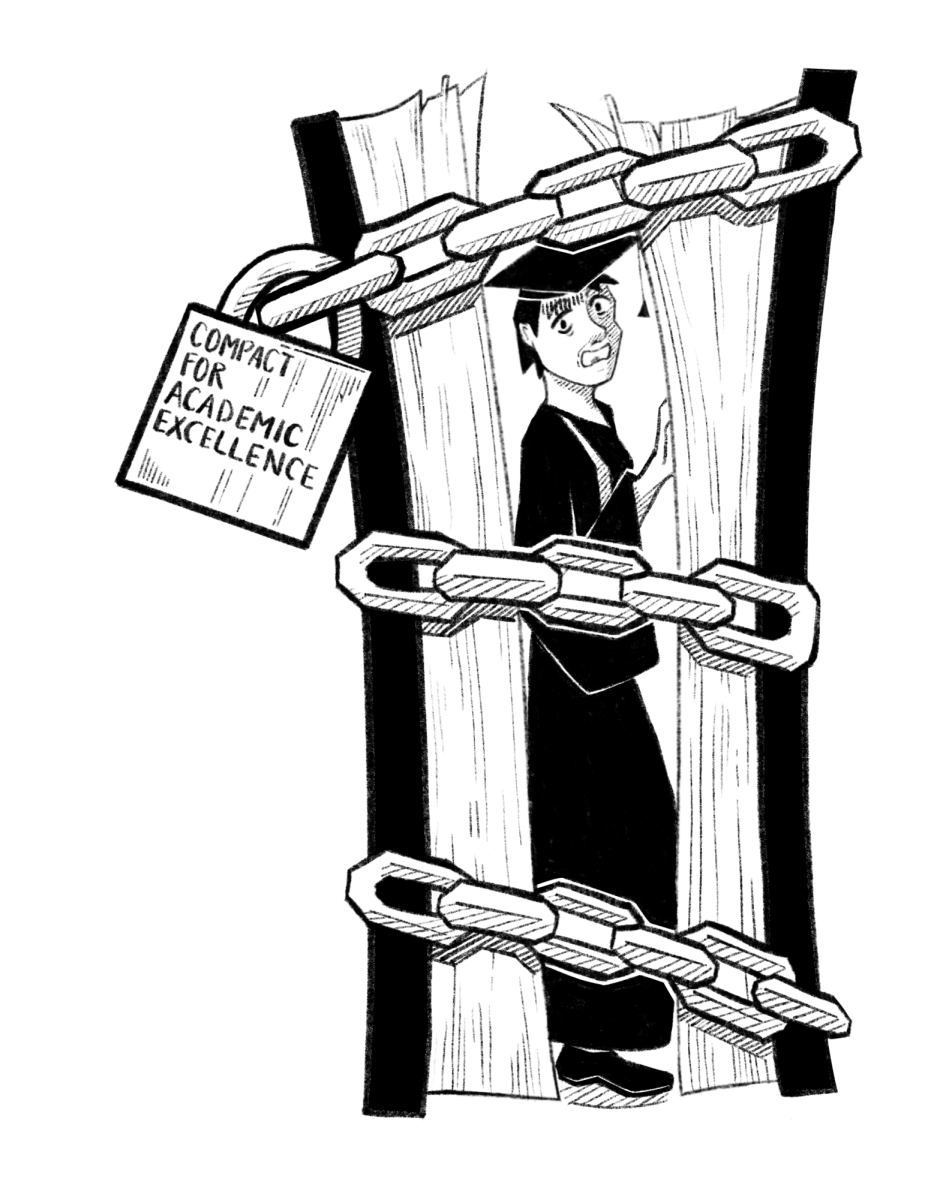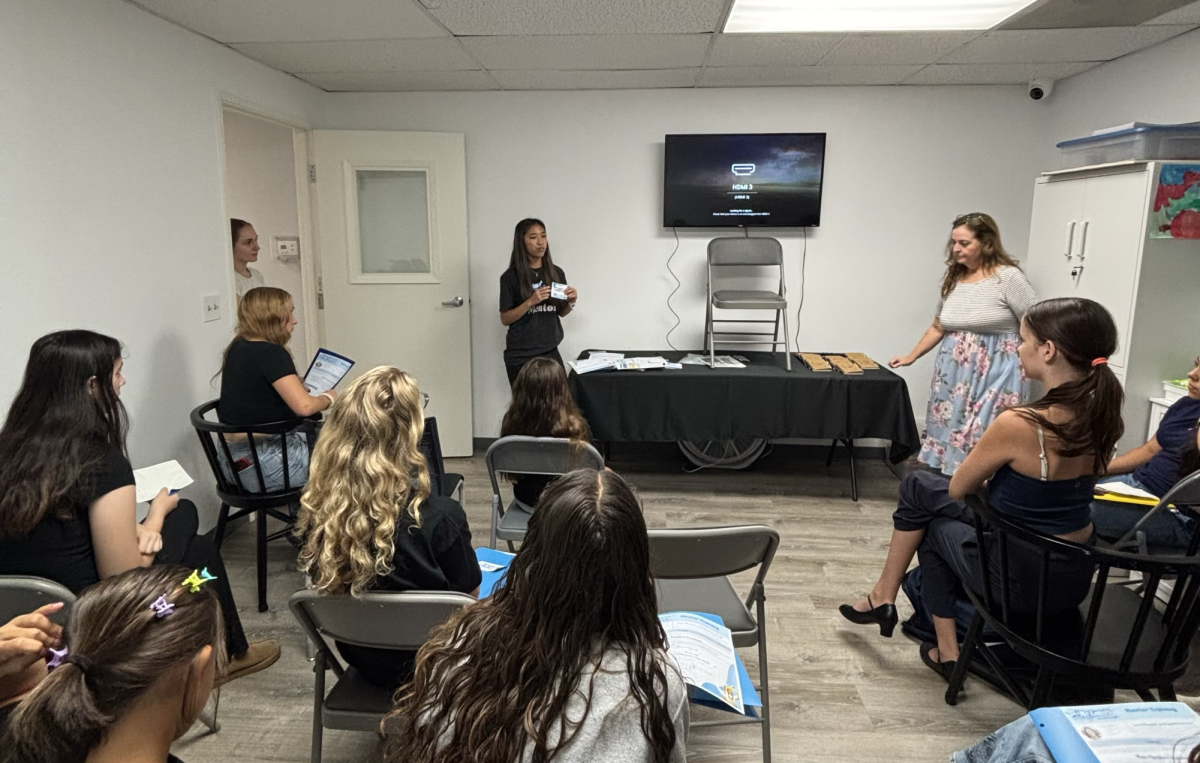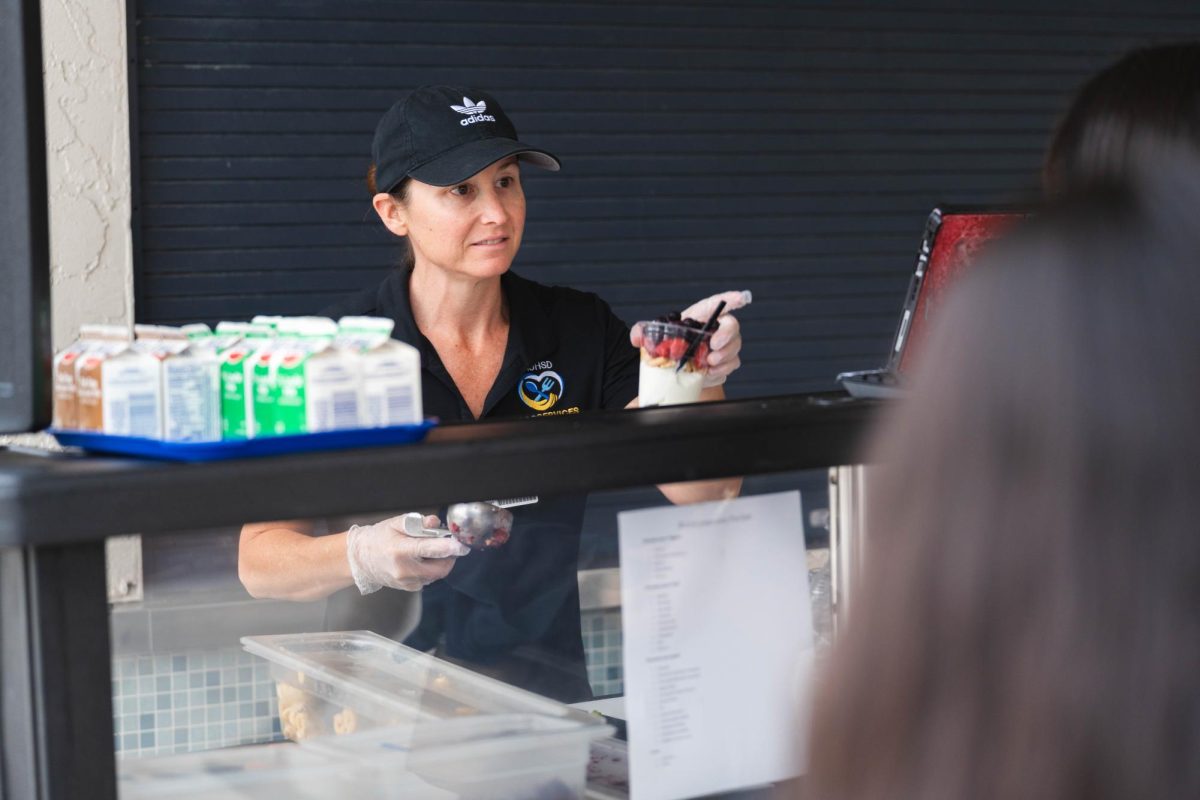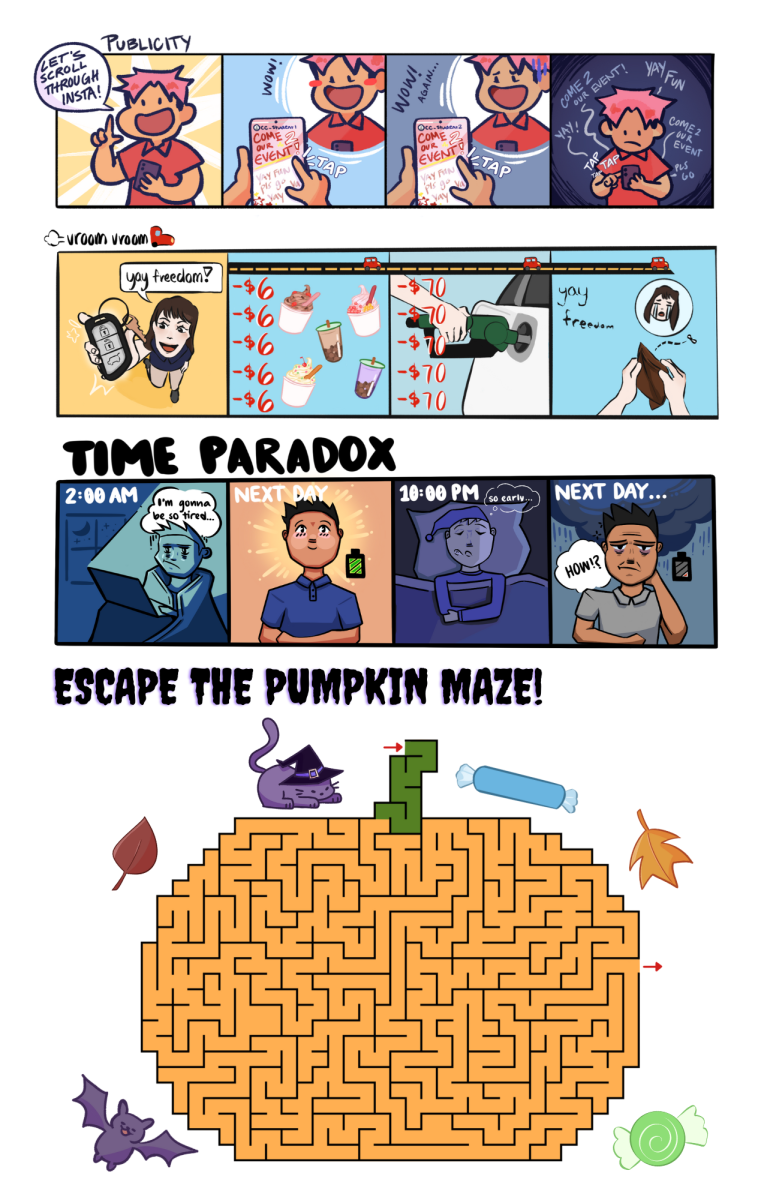On August 19th, US News & World Report released their 2025 ranking of “Best High Schools” in the United States. This year, Oxford Academy was rated at 99.89/100 and ranked 2nd in the state and 19th in the country out of the 24,000 public high schools reviewed.
According to US News, rankings are based on the school’s ability to provide “college readiness” (i.e. AP & IB scores, at 30%), state assessment proficiency (20%), state assessment performance (performance compared to expectations given the proportions of underserved students, 20%), performance of underserved students (10%), college curriculum breadth (10%), and graduation rate (10%). US News works with RTI International, a research organization, to evaluate data submitted by school districts and gives schools a ‘rating’ based on this criteria.
“Rankings are important and they are valued. We all value them. It makes our school get awesome awards, and things like that. Our district values it,” Oxford Academy’s principal, Amber Houston said. She also notes that Oxford’s notoriety and reputation as a ‘good school’ is what attracts students and families.
“I came to Oxford to get better opportunities than those offered at my home school. I think the ranking does matter and is important to me, but I don’t think it defines our school,” said junior Gemma Garza, “The ranking does provide us more opportunities, however, sometimes it can be a negative because then we are held to the standard of our ranking”
Historically, according to Public School Review Oxford has been in the top 1% California state test scores and in overall proficiency, leading to high rankings. Yet, what often impedes and lowers Oxford’s rating and ranking, is early graduation numbers and dual enrollment classes.
“This is what they’re measuring it on, and this is what’s hurting us. It’s not fair because it’s actually good stuff,” Principal Houston said, “Taking a college class is good. Graduating early could be good for certain kids. But they’re counting it as a deficit mindset rather than assets”
Some Oxford students graduate early via alternate paths, like the High School Equivalency Exam (HISET). However, US News looks at graduation rate as a 4-year adjusted cohort, meaning that they only consider the percentage of students who graduate within four years towards the school’s yearly student “graduate” percentage.
The AUHSD and Oxford Academy also utilize dual enrollment courses – college classes offered to high school students to gain college credit and experiences, differing from AP or IB classes – but those credits don’t count towards rankings.
“So think of all those kids that would have taken AP. It’s hurting us in the U.S. News ranking because they don’t count dual enrollment as a positive metric towards measuring us” Houston said.
According to US News, AP and IB scores are prioritized due their standardized, nationwide scores that make it easy to compare. Conversely, dual enrollment varies by state, district, and college. There is no single database for US News to pull from, making it difficult to incorporate in ratings.
“I believe that having only AP classes is a little unfair because not only can people self study, but dual enrollment classes are also challenging,” said junior and Cypress College dual enrollment student, Simran Thanki, “Although I do think it’s understandable that dual classes are not considered, potentially because there is a much wider range of classes you can take.”
The AUHSD district Superintendent, Mr. Matsuda, along with Dr. Fried, the district’s Superintendent-elect, recently contacted and met with U.S. news to discuss these perceptions.
“The guys in the room…probably have just always been doing things a certain way, not really questioning it, because maybe they’re not staying attuned to all the new stuff, like dual enrollment.” Principal Houston said, “They [district officials] tried to talk to them about it, but obviously nothing really happened this year. But hopefully the seeds have been planted”
For now, Principal Houston says that the district is pointing a larger focus away from rankings and towards the “Capstone Portfolio”, leaning more into personal research and reflective thinking.
“It’s [rankings] valuable but not at the expense of kids being taught holistically without kids being taught agency and voice in their education,” Principal Houston said.

